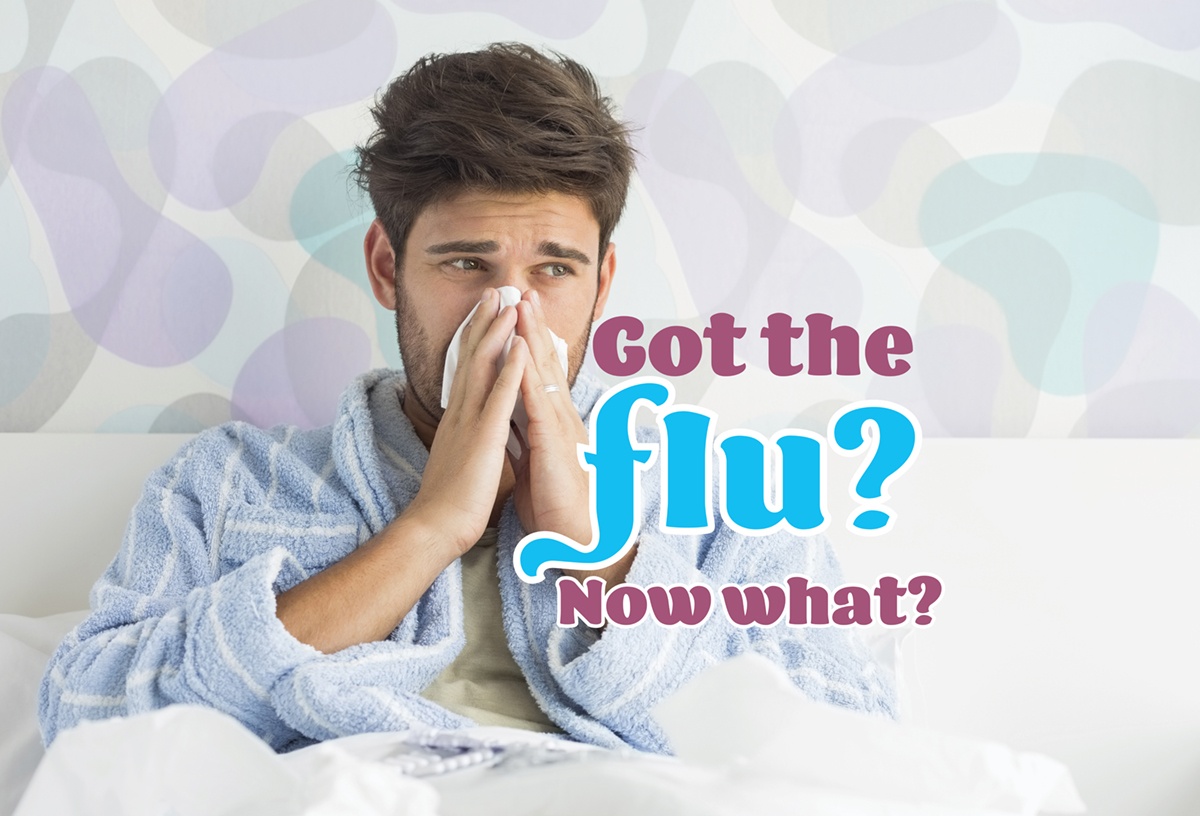
You’re sweating and shivering. You’ve coughed all day long, racking your chest and ribs with pain. Your body aches. A week ago, you quarantined yourself to the bedroom for extra rest and fluids. But you’re not feeling better. If anything, you feel worse.
You’ve got the flu, all right, and it’s time to seek medical attention. That’s smart because the flu shouldn’t be taken lightly. During the 2016-2017 flu season in the United States, the bug sent people to the hospital 810,000 times, according to the Centers for Disease Control and Prevention.
BUT: It’s after the dinner hour and you can’t see your primary care physician. That means you have to choose between visiting an urgent care clinic, Lee TeleHealth, or the emergency department.
Here is a quick rundown of your options as we get into the thick of cold and flu season:
Lee Convenient Care (Urgent Care) vs. the Emergency Department (ED)
Learn the difference between an urgent care center and an ED to access the right care at the right time in the right place. The right choice could save you time and money.
When you visit Lee Convenient Care, you’ll get prompt care that’s less costly and much quicker than emergency department, especially during our area’s busy tourist season.
We treat minor emergencies (like the flu) and illnesses seven days a week. You don’t need to make an appointment or get a referral, and most insurances are accepted.
“Convenient Care is helpful for individuals who don’t have a primary care physician, and it’s a great alternative to using the emergency department for nonlife-threatening medical issues—especially during season,” said Kris Fay, chief administrative officer of Lee Physician Group. “It gives the community immediate access to quality, hospital-affiliated health care provided by our trusted Lee Physician Group physicians and skilled nurses.”
On My Way
One of the things you don’t like to do when you’re sick? Sit in the waiting room. But technology has an answer for this, and it’s called On My Way. This new feature within My Chart on the Lee Health app allows you to check wait times, make an appointment, and secure a place in line in the waiting room, all from the comfort of home.
“On My Way is great for people with minor sicknesses or injuries, especially people with busy lives who might otherwise struggle to find time to wait at a doctor’s office,” Kris says.
The feature is currently available at the Lee Convienient Care locations at 1682 NE Pine Island Road in Cape Coral and at 4771 S. Cleveland Ave., Fort Myers (near Page Field) with plans to expand to all four clinics in coming months.
Unable to Leave Home to See a Doctor? Try Lee TeleHealth
Feeling too sick to visit the doctor at all? Lee TeleHealth lets you virtually visit with a medical professional using the camera on your cell phone, tablet, or computer. In fact, you can get a diagnosis and prescription for a variety of common ailments and injuries without leaving home or your office.
Symptoms and Prevention
Do you think you have a common cold or the flu? Here’s a rundown of common symptoms:
Symptoms of a cold include:
- Runny nose
- Nasal congestion
- Sneezing
- Sore throat
- Cough
- Headache
The flu can have similar symptoms to a cold, but may also include fever, muscle aches, fatigue, vomiting, and diarrhea.
You should visit the emergency department when you or a loved one is experiencing:
- Severe or life-threatening issues
- Trouble breathing
- Symptoms of a heart attack or stroke
- Broken bones – if bone is visible
- Minor emergencies – if you do not have access to a doctor or walk-in clinic
Follow these good health habits to help keep the flu away:
- Avoid close contact with people who are sick. When you are sick, keep your distance from others to protect them.
- Stay home when you are sick.
- Cover your mouth and nose with a tissue when coughing or sneezing.
- Keep your hands clean. If soap and water are not available, use an alcohol-based hand sanitizer.
- Avoid touching your eyes, nose, or mouth. Germs are often spread when a person touches something that is contaminated with germs and then touches his or her eyes, nose, or mouth.
Don’t have a primary care physician? We can help you find one or a specialist whose education, training, and medical interests match your health needs. Call 239-481-4111 or visit our Primary Care page for more information.

